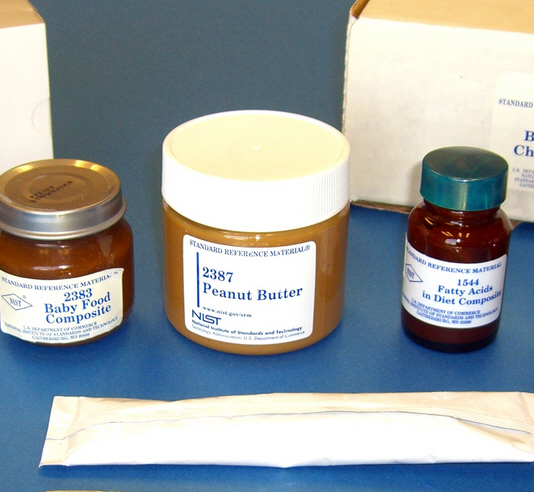Though "medical" marijuana has long been available to much of the public, to the medical community it's been a joke. For example, over 60 percent of pain patients are older women, but the majority of medical marijuana users who got it for pain were young men. It's a nice non-specific system on a subjective scale so it became an easy route to get legal access to a drug.
And it is a drug, it does things to receptors, but what they are really accomplishing is unclear.
Some of the reason marijuana hasn't been better studied is because it's a Kafka-type headache to get government approval to study it. No one has felt the pain of Byzantine social authoritarian government practices like the marijuana research community. It's almost as difficult as getting permission to study smallpox in your basement.
The government has begun to ease up on that, promising standards for growers (NIST has reference grade peanut butter, after all(1)) and guidelines to promote research, and that may provide answers on whether or not marijuana works for post-traumatic stress disorder (PTSD) and, if so, how well and why. Right now, it's all anecdotal, compounded by the fact that PTSD has become a broad range of symptoms, often based on self-reported claims, so someone in a car accident can claim they have PTSD just like a soldier in Vietnam and doctors aren't going to question it because they don't want to be on the evening news and in your Twitter mentions.
But just like "therapy" animals have undermined the credibility of people who need service animals, casual self-designations of PTSD undermine effective treatment for people who really have it. If it's the psychological version of the gluten-free diet, where if you feel better if you say you feel better then doctors must accept it, research becomes difficult(2)
I am obviously not comparing PTSD to the gluten-free diet, nothing of the kind, but the analogy is valid because the fad put people with actual celiac disease at risk - someone cooking may assume everyone is just optionally gluten-free - we risk the same for people with PTSD.
The lack of legitimate research skews the results of a recent systematic review in Journal of Dual Diagnosis - a review of papers is going to be based on limited data created by scholars who went through the gauntlet. It also shows the difference in diagnostic criteria. In the UK, 1 percent of people been traumatized enough by an event or series of events that doctors have declared clinically relevant PTSD. In the US, it is 4 percent. Is the US that much more difficult to live in? No, and Britain has soldiers everywhere we have them so it isn't military service.
The review mostly shows the problem in sorting out science from stories - only 10 studies even met the criteria for inclusion and those still suffered from bias. Almost all had small sample sizes, were retrospective (they asked people to remember what they did in the past), lacked a control group (such as a placebo), or didn't list account for other medications. One was a randomized clinical trial but you can't do a review paper of one study, and even it was too short to be conclusive.
Such loose research has led to a surge of companies selling tetrahydrocannabinol (THC) and cannabidiol (CBD), both claiming they are the secret sauce, neither with any scientific validity. And there is even less research into their safety.
Without question, if the benefits of marijuana, or any of its chemical compounds, are shown that will be a good thing. And the placebo effect says up to 29 percent of people will report right now that they feel better using these chemicals, but medicine can't be medicine unless it survives double-blind clinical trials.
And the mental health of PTSD sufferers is too important to risk on questionable supplement company claims.
NOTE:
(1) Not a joke. They do not yet have reference beer, though, which seems like it would be important.

(2) Standing in the way of research are, ironically, marijuana corporate trade groups. Their clients can generate a lot of revenue as long as research can't show it is ineffective for some problems. They get to make money off in supplement land with kratom and other products where it obviously does something, but it is reported as beneficial for dozens of maladies, which means someone is making stuff up.





Comments